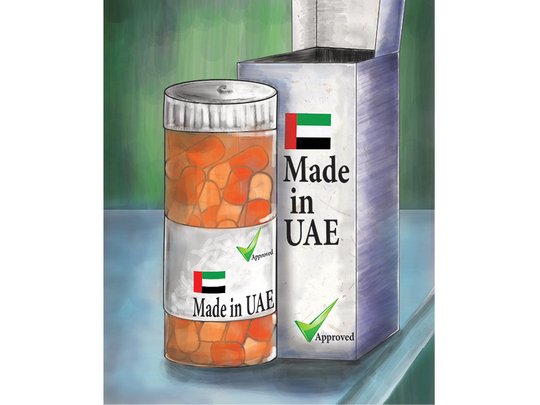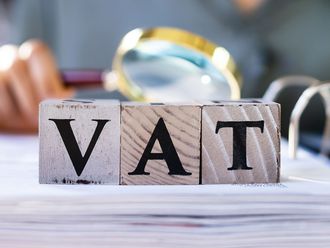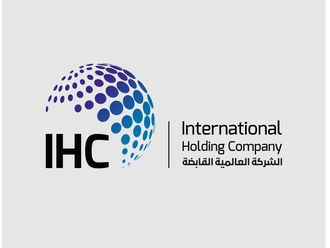
An ageing population, increase in the prevalence of chronic lifestyle diseases and advances in health-related technology are all expected to contribute to growth in the life sciences sector over the coming years.
While the UAE has traditionally been a net importer of medical care and pharmaceuticals, a concerted drive to increase clinical trials, localise the manufacture of drugs, and encourage talented medical professionals is changing the landscape.
Currently, the UAE imports about 85-90 per cent of its drugs. This is detrimental to not only the pharmaceutical sector but also the wider economy. Relying on imports is an expensive way to procure medication.
It also limits choice for consumers. We must make the effort to expand research and manufacturing to address this issue.
The opportunity is there. We are at a unique crossroads in the health care sector as we are facing a ‘patent cliff’. This means that many of the branded drugs that are expensive to import will shortly be available for manufacturers to produce themselves, at a far cheaper cost.
This is the result of using local materials, local labour and the removal of transport costs.
In 2015, 97 pharmaceutical drugs were approved in the UAE by the Ministry of Health in its bid to support existing national pharmaceutical companies and encourage the production of locally manufactured medicine. These approved drugs include those that treat multiple sclerosis, oncology drugs, diabetes, and drugs for treating pulmonary disease and depression, as well as drug compounds for the treatment of blood pressure.
The various situational elements have created a unique opportunity for Dubai — and the UAE — to develop the life sciences industry. However, to harness this potential, we must understand what it takes to drive the sector forward. The right environment needs to be created so companies and organisations have a solid platform to launch from.
It was with this objective in mind that TECOM Investments created DuBiotech, a free zone dedicated to life-sciences related industries that provides bespoke laboratories, manufacturing, storage facilities and office spaces that allow our business partners to prosper.
Since inception in 2006, we have noticed an influx in the number of international firms seeking a local UAE partner to manufacture medicines on their behalf. By forming a partnership with a local manufacturer already based in the UAE, ‘big pharma’ companies can reduce their operating costs without compromising the quality of their products.
As there are very few local manufacturers operating at present, international firms are running out of options when searching for a local partner. It is time that we encourage more manufacturing facilities to open and cater for this need. DuBiotech aims to act as a bridge between the public and private sector to facilitate regulatory change, policy improvements and growth and collaboration within the life sciences sector. We work closely with the Ministry of Health (MOH) to ensure an open dialogue between our business partners. The Ministry has been created so that issues can be addressed and solved smoothly in the most efficient way.
The Ministry is committed to making operating conditions in the local health care industry as easy as possible and has instigated a number of measures to facilitate this. For example, MoH ensures that all UAE — based applications for licenses are fast-tracked, greatly improving the speed and ease of establishing a manufacturing plant.
They also offer first refusal on product tenders to UAE producers and award marketing privileges as a way of stimulating demand.
In our most recent attempt to bring industry and government together, we hosted high level discussions between Shaikh Maktoum Bin Mohammad Bin Rashid Al Maktoum, Deputy Ruler of Dubai and John Young, Group President at Pfizer, aimed at developing relationships and unleashing industry potential that ensures it will be a major contributor to the UAE GDP.
There are clear signs that we are entering a new phase of productivity and collaboration within the life-sciences industry. It is also encouraging to see the progress made in reducing our reliance on imported medicine. However, there is still plenty of work to do.
We must continue discussions, build relationships, and facilitate open dialogue between international firms, local manufacturers, and governmental bodies. Bringing these groups together will be a big step in achieving our goal of a self-sufficient life sciences industry, one that the entire country can benefit from.
—The writer is Executive Director at DuBiotech.












